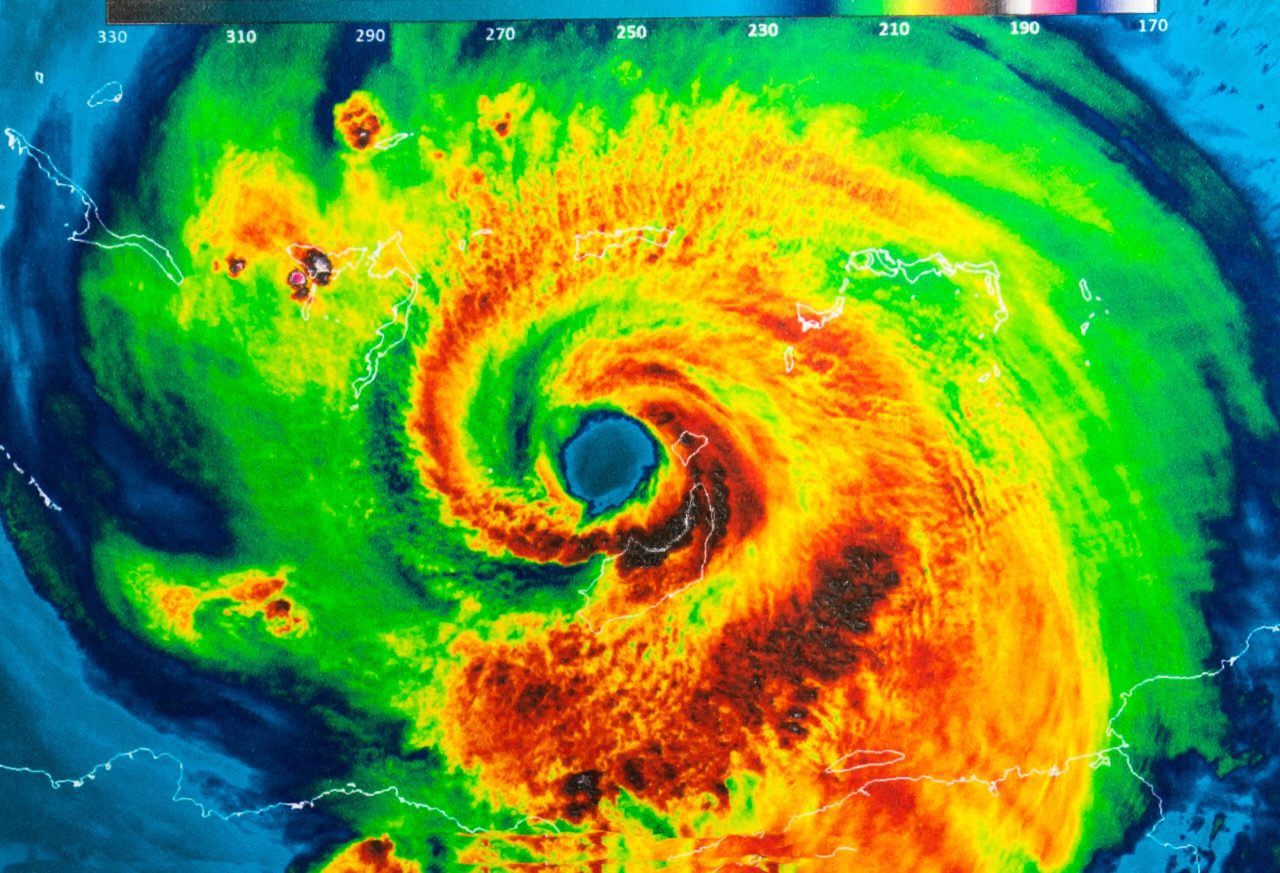Preparing for Hurricane Ian as Storm Approaches Landfall

Preparing for Hurricane Ian as Storm Approaches Landfall
As Hurricane Ian approaches the western coast of Florida, forecasts warn of a potentially life-threatening storm surge, destructive winds, heavy rain, flooding and possible tornadoes. Weather experts expect Hurricane Ian to make landfall between Tampa Bay and Cape Coral late Wednesday, Sept. 28, into the early morning hours of Thursday, Sept. 29.
In addition to the aforementioned weather conditions, forecasts also warn of a potential rise in ocean levels, with the surge reaching as high as 12 feet. Further, widespread flooding is expected throughout the remainder of the week across central and northern Florida.
After making landfall, experts predict that the storm’s movement will slow, and its impact will linger over western and central Florida before curving north toward Orlando. Although the storm’s conditions may become less severe, heavy downpours, strong winds and tornadoes may be possible as it progresses through Georgia and South Carolina.
Hurricane Safety
Hurricane Ian represents one of the most extreme weather events in the world. Hurricanes can inflict significant property damage and cause substantial loss of life. As such, it’s crucial for those in a hurricane’s path to be prepared.
Proper Preparations
If a hurricane is expected, several steps should be taken before it approaches, including:
Establish an evacuation and communication plan with your family or other members of your household.
Protect your home or property by covering doors and windows with storm shutters or plywood.
Rearrange the contents of your home or property to keep valuables off the floor or on upper levels. This may help protect your belongings from water damage caused by flood waters.
Move any outdoor furniture or other possessions inside.
Store important documents, such as birth certificates and social security cards, in a waterproof container.
Prepare an emergency kit that contains dry goods, clean water, a first-aid kit, flashlights, a NOAA weather radio and extra batteries.
Monitor the forecast and follow any evacuation orders.
When a hurricane hits, it is critical to do everything possible to remain safe and protect your property. Take the following steps:
Double-check windows and doors to ensure your property is secure.
Do not go outside during the storm.
Turn off all lines and consider turning off all utilities.
Monitor the forecast.
Shelter on the lowest level of your property and away from doors and windows. If flooding occurs, move to a higher elevation.
The aftermath of a hurricane can be difficult and strenuous. It may be difficult for emergency services to reach those in need and utilities or other infrastructure may be unavailable. Following a hurricane, adhere to the following:
Avoid leaving your home until local authorities have declared it safe to do so.
Keep children and pets inside.
Remain mindful of potentially lingering weather conditions, including residual rain and flooding.
Be aware of any new hazards created by the storm, such as debris, fallen trees or exposed wiring.
Make contact with emergency services if you need shelter or medical attention.
Keep your gas, HVAC, electricity and plumbing turned off until you can confirm they are in good working order.
Document any damage to your home and contact your home insurance provider as soon as possible to file a claim.
For those who have been separated from their family or others with whom they were sheltering, implement the aforementioned communication plan. If you need assistance, contact local emergency services or the American Red Cross by calling 1-800-RED-CROSS (1-800-733-2767).
Amid the heart of hurricane season, it’s crucial for those in the path of these severe storms to be prepared. Taking the time to plan ahead and protect both your family and property can be key in minimizing damage.
For up-to-date information on Hurricane Ian, visit the National Hurricane Center (noaa.gov) website.
This article is not intended to be exhaustive nor should any discussion or opinions be construed as legal advice. Readers should contact legal counsel or an insurance professional for appropriate advice. © 2022 Zywave, Inc. All rights reserved.



